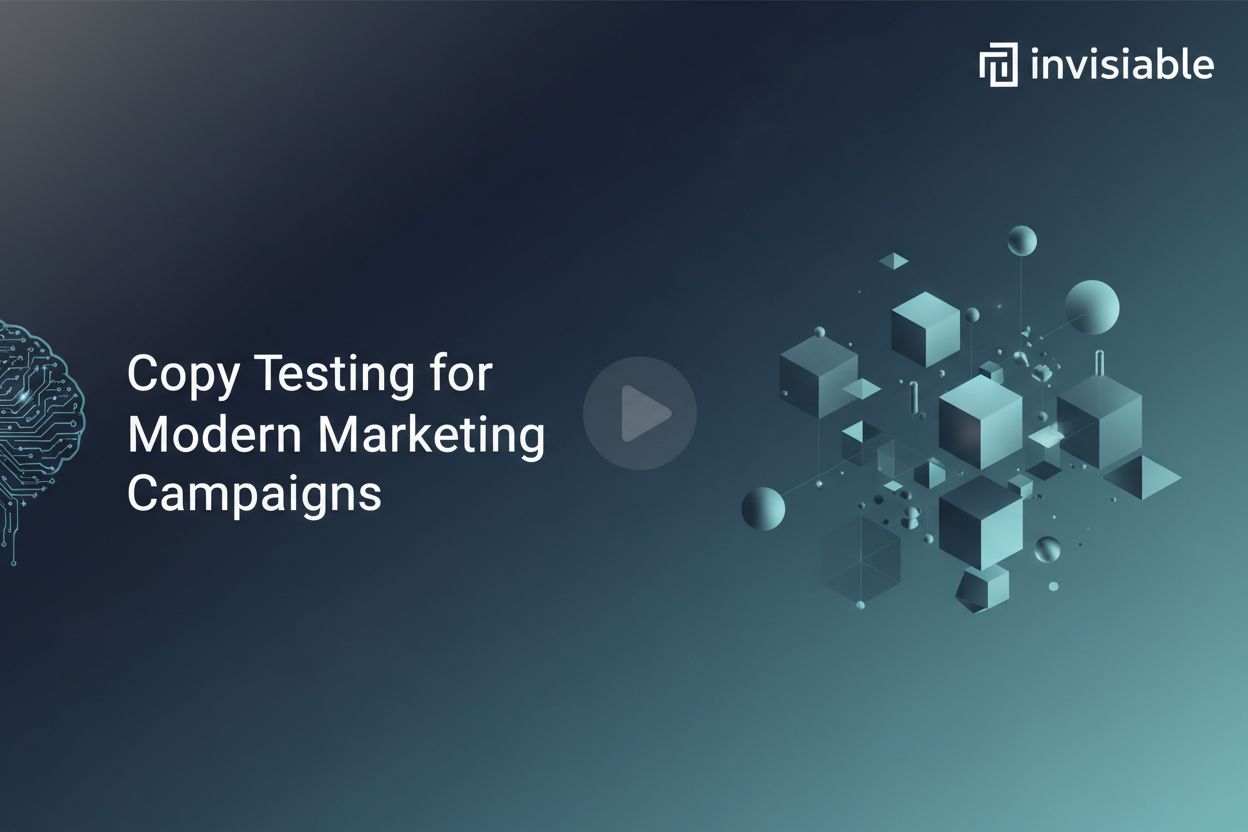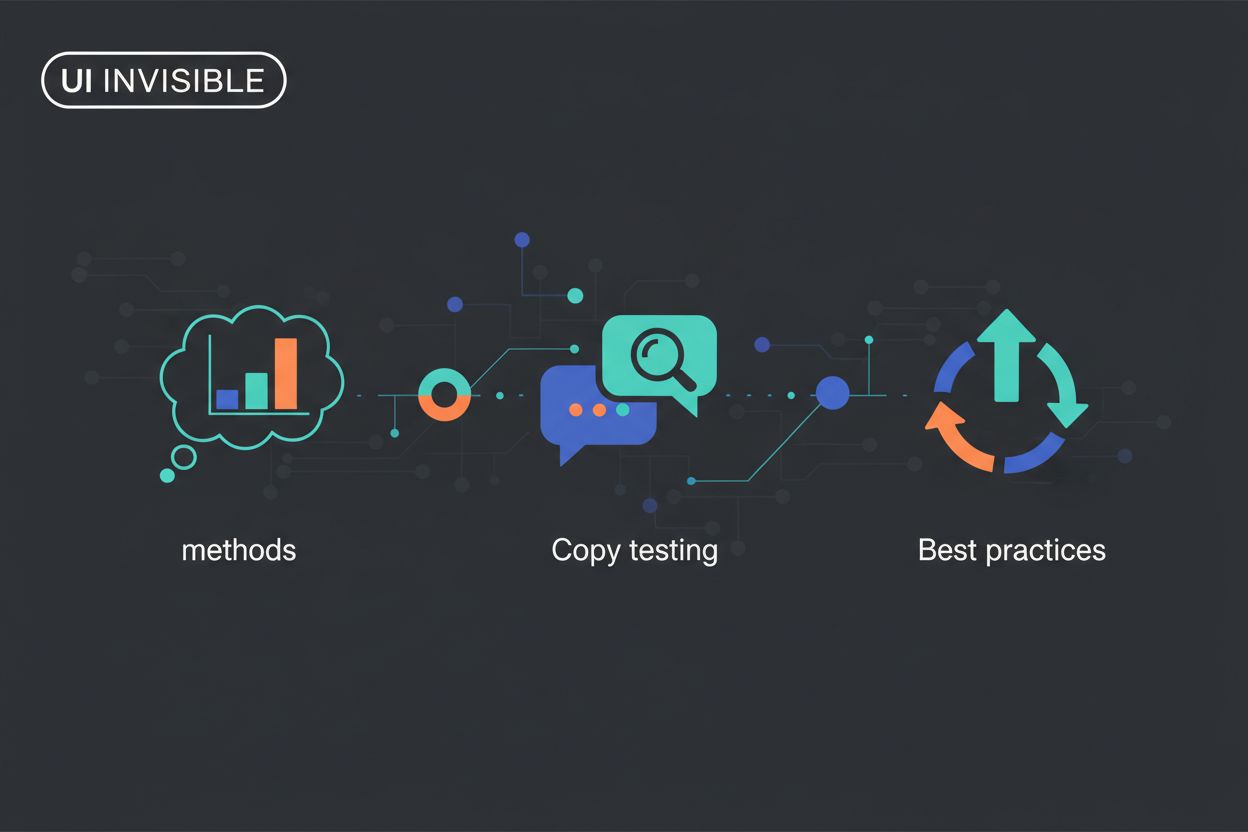60 Creative Marketing Ideas and Tips for Authors
TL;DR
Introduction: The Author's Marketing Challenge
Alright, so authors gotta be marketers now, too—who knew? It's not just about writing a good book anymore.
- The book market is super crowded, making it hard to stand out.
- You've got traditional marketing versus creative marketing, and the first one isn't always gonna cut it.
- Adapting to digital trends and even ai is now a must, which, honestly, is a lot. (Adapting to the New Era of Artificial Intelligence and Beyond)
So, how do you actually get your book noticed? Well, let's get into some creative ideas to help you navigate this challenge.
Social Media Marketing Ideas for Authors (Ideas 1-15)
Social media, huh? It's like the wild west out there for authors, but with cat videos and political rants mixed in. So, how do you actually use it to sell books? Well, let's dive into some ideas.
First off, not all platforms are created equal for authors. Twitter's great for quick thoughts and engaging with other writers, but Instagram? That's visual. (Tweet or Gram? Picking Your Winner in Instagram vs ...) Think book covers, aesthetic quotes, maybe even some artsy shots of your writing space. Then there's Facebook, which, let's be honest, is where a lot of readers actually hang out. Don't forget TikTok—if you're brave enough for short-form video, it can really boost visibility—if you do it right.
Here are some specific ideas to get you started:
- Twitter Threads: Instead of just tweets, craft compelling threads that tease plot points, introduce characters, or share interesting facts related to your book's theme.
- Instagram Reels/Stories: Create short, engaging videos showcasing your book's mood, a quick "day in the life of an author," or even animated quotes.
- Facebook Live Q&A: Host live sessions to answer reader questions about your book, writing process, or genre.
- TikTok BookTok Trends: Participate in popular BookTok challenges and trends, creatively incorporating your book or its themes.
- Behind-the-Scenes Sneak Peeks (Instagram/Facebook): Share photos or videos of your writing space, research materials, or even early drafts. Captions.ai notes this keeps audiences engaged.
- Author Takeovers: Arrange to "take over" another author's social media account for a day, or have a guest author take over yours.
- Character Spotlights (All Platforms): Dedicate posts to introducing your main characters, their motivations, and their quirks.
- Quote Graphics (Instagram/Pinterest): Design visually appealing graphics featuring memorable quotes from your book.
- Polls and Quizzes (Facebook/Instagram Stories): Engage your audience with polls about plot choices, character preferences, or trivia related to your book's setting.
- "Ask Me Anything" (AMA) Sessions (Reddit/Twitter): Dedicate specific times for readers to ask you anything about your book or writing.
- User-Generated Content Campaigns: Encourage readers to share photos of themselves with your book using a specific hashtag.
- Collaborate with Bookstagrammers/BookTokers: Partner with influencers in your genre for reviews, features, or giveaways.
- Run Contests/Giveaways: Ask people to share your post, tag a friend, or answer a trivia question to enter. It's a win-win, according to WordStream, as it increases followers and gets your book in front of more eyes.
- Share Reader Reviews: Highlight positive reviews (with permission!) on your social media channels.
- "This or That" Posts: Create fun "this or that" graphics related to your book's themes or characters.
So, social media isn't just about shouting into the void. It's about building a community, sharing your story, and, oh yeah, selling some books along the way.
Next up? Let's look at another fun idea...
Content Marketing Strategies for Authors (Ideas 16-30)
Content marketing, huh? So, it's not just about writing a book, but also about getting people to actually read it. You have to think outside the box, basically becoming a one-person marketing agency.
Think of your blog as your author HQ. It's where you build authority and show off your expertise. Don't just write about your book; write about the world of your book. If you wrote a thriller, blog about real-life mysteries. If you wrote a romance, blog about relationships, dating, and love. You get the idea.
Here are some content marketing ideas:
- Deep Dive Blog Posts: Go beyond surface-level topics. If your book is about ancient Rome, write a detailed post about daily life, specific historical figures, or the architecture of the time.
- Character Interviews: Write blog posts or create video interviews as your characters, answering reader questions.
- "Worldbuilding Wednesday" Series: If your book has a rich fictional world, dedicate a weekly series to exploring its history, geography, or unique elements.
- "Behind the Research" Posts: Share interesting or surprising facts you uncovered during your research for the book.
- Guest Blogging: Write articles for other blogs in your genre or related niches to reach new audiences.
- Create Infographics: Visualize data or interesting facts related to your book's themes in an easily shareable infographic.
- Develop Downloadable Resources: Offer freebies like character relationship maps, timelines, or checklists related to your book's subject matter.
- Start a Podcast: Discuss your genre, interview other authors, or delve into topics related to your books.
- Write Short Stories/Novellas: Offer exclusive short fiction to your email subscribers or as lead magnets.
- "How-To" Guides: If your book touches on a skill or topic, create helpful "how-to" guides.
- SEO is Your Friend: Seriously, learn the basics of SEO. It's not as scary as it sounds, and it'll help people find your blog through search engines. Think about what terms people might use to find content related to your book's themes, and use those keywords in your blog posts.
- AI for Brainstorming: Stuck on what to blog about? Use ai to generate ideas. Just type in a topic related to your book, and it'll spit out a bunch of suggestions.
- AI for SEO Optimization: ai tools can analyze your content and suggest ways to optimize it for search engines. This means more people will find your blog, which means more potential readers for your book.
- AI for Social Media Scheduling: Let's be real, social media can be a time suck. ai-powered scheduling tools can automate your posts, freeing you up to actually write.
- Create a "Reader's Guide": A downloadable PDF with discussion questions, character lists, and thematic explorations for book clubs.
So, content marketing's not just about writing; it's about connecting, sharing, and building a community around your book. Next, let's look at more ai-powered content solutions for authors.
SEO Tips for Author Websites and Book Pages (Ideas 31-40)
Okay, so you're trying to get your author website and book pages noticed, huh? It's not just about having a pretty site, it's about making sure Google actually sees it. Think of it like this: if your site's invisible to search engines, it's like your book's invisible on a shelf.
First things first: keywords. You gotta figure out what words and phrases people are using to find books like yours.
- Genre Matters: If you write sci-fi, think "space opera," "dystopian future," etc. If it's romance, maybe "enemies to lovers," "second chance romance," things like that.
- Tools Help: There's a ton of keyword research tools out there that can help you find high-traffic, low-competition terms, but honestly, just putting yourself in a reader's shoes works too.
- Sprinkle 'Em In: Don't just stuff keywords everywhere, but make sure they're in your website copy, book descriptions, and even your marketing materials.
On-page seo is like tidying up your house before guests arrive. You want everything to look nice and be easy to find.
Here are some SEO tips:
- Keyword Research for Your Genre: Use tools like Google Keyword Planner or SEMrush to find terms readers use. For example, a fantasy author might target "epic fantasy books," "magic system novels," or "dragons and knights stories."
- Optimize Book Descriptions: Weave relevant keywords naturally into your book's blurb on your website and retail pages.
- Craft Compelling Title Tags: Make your page titles descriptive and include your book title and genre. E.g., "The Last Starfighter: Epic Sci-Fi Novel | Author Name."
- Write Engaging Meta Descriptions: These are the snippets that appear under your title in search results. Make them enticing and include a call to action.
- Use SEO-Friendly URLs: Keep your URLs short, descriptive, and include keywords. E.g.,
yourwebsite.com/books/the-last-starfighter. - Internal Linking Strategy: Link relevant pages on your website together. For example, link from a blog post about space exploration to your sci-fi novel's page.
- Image Alt Text: Describe your images using keywords. This helps search engines understand what your images are about.
- Mobile-Friendliness: Ensure your website is responsive and looks good on all devices. Google prioritizes mobile-friendly sites.
- Page Load Speed: Optimize your images and website code to ensure your pages load quickly.
- Local SEO (if applicable): If you do local author events, optimize your website for local searches like "author events [your city]."
Alright, so that's the basics. Next up, let's talk about another important SEO topic for authors...
Creative Marketing Ideas Beyond the Basics (Ideas 41-50)
Alright, let's dive into some marketing ideas that are a little more "out there" than your standard social media blitz. It's not enough to just post; you gotta engage folks.
Think beyond the basic "like and share" contest. We're talking about stuff that gets people invested.
- Goodreads Giveaways: Running book giveaways on Goodreads is a classic, but don't just set it and forget it. Actively engage with entrants in the comments. Ask them why they want to read your book. Turn it into a conversation.
- Writing Contests/Challenges: Host a writing contest or challenge tied to your book's theme. Maybe it's a short story contest, or a "write a scene in my book's world" challenge. The prize? A signed copy of your book, or even a character named after the winner.
- Interactive Content: Quizzes and polls can be fun, but make sure they're relevant. If you wrote a sci-fi novel about Mars, create a quiz: "How well would you survive on Mars?" Link the results back to themes in your book.
- Street Art (use cautiously and with permission!): Commission a mural that ties into your book's themes, if you have permission and it's appropriate. A gritty urban fantasy novel might lend itself to this, but maybe not your grandma's cozy mystery. Be sure to get all necessary permits and permissions.
- Local Partnerships: Partner with local businesses or libraries. A coffee shop could feature your book with a special "book-themed" drink. Libraries are always looking for authors to do talks or readings.
- Book Trailers: A book trailer or short film can be killer. Don't just slap together some stock footage. Think creatively. Maybe a mockumentary, or an animated short.
- Virtual Treasure Hunts: Hold a treasure hunt to get your target audience actively involved with your brand, as mentioned in a Captions.ai article. Hide clues in bookstores or online, leading to a signed book or other prize.
- Create a "Bookish" Playlist: Curate a Spotify playlist that captures the mood or themes of your book and share it with readers.
- Host a Virtual Book Club: Create your own online book club focused on your genre or even your own books.
- "Behind the Cover" Design Process: Share the story and inspiration behind your book cover design.
So; next up, let's really look at the money: budgeting and finance for your marketing efforts.
Email Marketing Ideas (Ideas 51-55)
Email marketing, still hanging around, huh? It might feel a bit old-school, but trust me, it's still got some serious power for authors. Think of it like your own little corner of the internet where you can chat directly with your readers.
So, you're thinking, "What do i even put in an email?" Well, how about some free swag?
- Offer Exclusive Content: Give newsletter subscribers something they can't get anywhere else. A short story, a deleted scene, early access to chapters—make them feel special.
- Segment Your Lists: Don't treat everyone the same. Segment your readers based on genre preference or past purchases. Send romance readers romance news, and sci-fi readers sci-fi news.
- Run Email-Exclusive Contests: Offer special giveaways or early bird access to promotions just for your email list.
- "Welcome" Series: Set up an automated email sequence for new subscribers that introduces you, your books, and what they can expect from your newsletter.
- Reader Surveys: Use your email list to gather feedback on your books, cover art, or future projects.
Creative B2B Marketing Strategies (Ideas 56-58)
Alright, so B2B marketing might sound boring, but trust me, it doesn't have to be. Think of it as making friends, but, you know, with the goal of selling something.
So, you've probably heard of SMART goals, right? Specific, Measurable, Achievable, Relevant, and Time-bound. You can use them to create a creative marketing strategy to any goal you want to achieve.
Ever hear of "growth hacking?" It's not some shady computer thing, I promise. It's what Sean Ellis (from Dropbox) did, where you find the gaps in your product and then try experiments to fix them.
You can attract all the leads you want, but what's the point if they don't, ya know, convert? CTAs (Calls To Action) are your best friend here. Want 'em to download an ebook? Just ask!
While authors are primarily B2C, these can be adapted:
- Target Literary Agents/Publishers: While not strictly B2B, treat them as professional clients. Craft personalized pitches and follow up professionally.
- Partner with Bookstores/Libraries for Events: Offer to do author talks, workshops, or readings. This is a B2B relationship where you're providing value to their business.
- Create Author Services for Other Businesses: If you have expertise in writing or storytelling, offer freelance writing, editing, or content creation services to businesses.
Next, let's talk about how to get personal, even when you're selling to a whole business.
The Legal and Ethical Considerations of AI in Author Marketing (Ideas 59-60)
Okay, so, ai and marketing, huh? It's not all sunshine and rainbows; there's some real stuff to think about, legally and ethically. Like, who owns the content ai spits out, anyway?
- Transparency is Key: Gotta let people know you're using ai. No sneaky stuff, or it can backfire big time. Clearly label ai-generated content where appropriate.
- Copyright and Originality: Don't just copy-paste ai stuff; make sure it's original, or you're asking for trouble. Understand the copyright implications of using ai-generated text or images. Always review and edit ai output to ensure it meets your standards and doesn't infringe on existing works. Data privacy is also crucial – be mindful of how ai tools collect and use your data.
Next up, let's look at how to budget for all this marketing stuff without going broke.
Conclusion: Embracing Creativity and Innovation in Author Marketing
Alright, let's wrap this up, yeah? Author marketing is a wild ride, but it doesn't have to feel impossible.
- Continuous learning? Non-negotiable. Trends change faster than I can finish a chapter, so keep your eyes peeled.
- New tech is scary, but also, like, essential. ai tools, as mentioned earlier, can help with brainstorming.
- Authenticity is your superpower. Don't try to be someone else; connect with readers because you're unique.
So yeah, it's a lot, but you got this!





